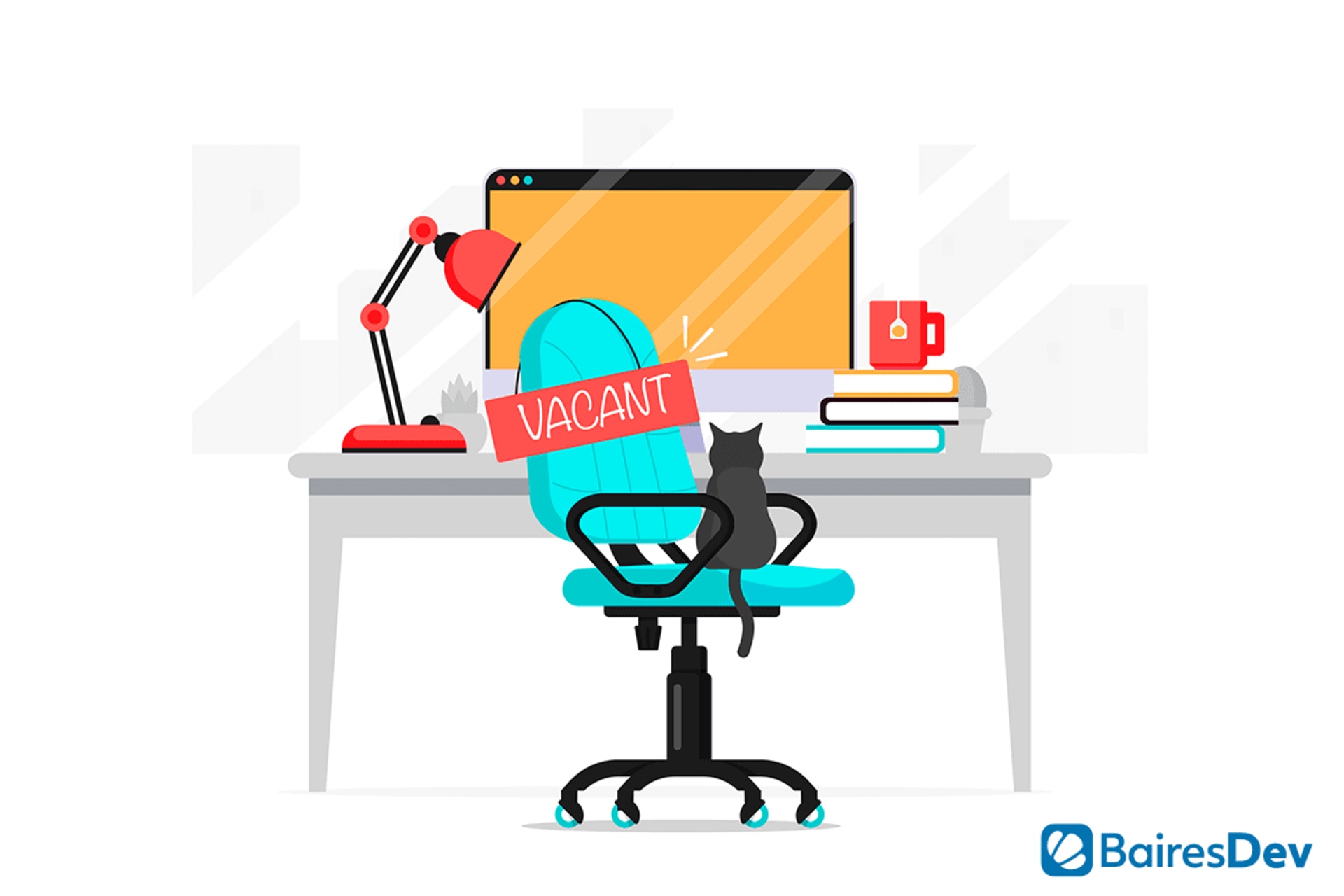The new year is here, and your company is doing everything it can to keep moving forward. Given how the global economy has been in a constant state of flux, your hiring might either have slowed down or stopped. Either way, you must be prepared to continue adding developers to your talent pool. Otherwise, your company runs the risk of falling behind the competition.
And even if you’re not hiring at the moment, you should be thinking of ways you can get the most out of the hiring process as the year unfolds. That means interviewing developers. To some, this is as natural as breathing or sleeping. To others, however, it’s as unnatural as jumping out of a plane. You don’t want to do it, but it’s always best to be prepared, should the eventuality arise.
So what do you need to know, or what do you need to do, in order to get the most out of developer interviews in 2021?
Let’s dive in and uncover some tips you can use, to help empower those who would be involved in the process.
#1 Know What You Want and Need
Before you even begin the interviews, you need to know the wants and needs of your company. The wants will fall in line with HR policies, such as candidates that have a solid work history, those that can work well with others, those that are capable of working under authority, and those that can pass a drug test. What your company needs, on the other hand, will focus on the projects you have going on now and what you might need in the future.
In other words, you’ll want to know things like which programming languages are required of those projects. Java, JavaScript, .NET, Python, Ruby—these are all different languages with different requirements. Don’t go into these interviews looking for generalities. Be specific so you can more efficiently (and successfully) narrow down candidates.
#2 Use Your Best Programmer in the Interview
Programming is a very specific talent. Because of this, you don’t want to depend on a mid-level manager or a member of HR to do the interviewing. Sure, they could handle the first-contact interview, with a goal of assessing personality traits that are best suited for the company. But once it comes to evaluating skills, you need your best programmer on hand. Why? Because only a programmer can judge another programmer’s skills.
One thing to keep in mind, however, is that you want to select a programmer (from your team) that won’t allow their ego to get in the way. The last thing you need is someone allowing jealousy preventing you from hiring what could be the greatest programmer your company has ever known.
#3 Hire Passionate Developers
The role of a software engineer is one that requires not only countless hours of training, but an equal level of dedication on the job. To that end, you should be looking for programmers that are very passionate about what they do. Avoid hiring those programmers who got in it “for the money.” You want developers who absolutely love what they do. Why? Because the old adage applies: “If you love what you do, you’ll never work a day in your life.” Those are the kind of programmers you want, as they’re less likely to burn out, be unhappy, or fail on the job.
#4 Don’t Forget Nearshore and Offshore Options
As you begin searching the various talent pools for 2021, don’t be afraid to venture beyond your state or country and into nearshore or offshore options. There is a massive pool of talent around the globe, one that you and your business would greatly benefit from. This is made even more so, given that so many companies have become quite adept at hiring and working with remote employees. Because of that, there’s no reason to assume the only good developers are those that can work within the confines of your building.
#5 Get Creative With Your Interviews
You’ve probably done hundreds of interviews, and they’ve probably all been handled the same way. But it’s 2021 now and things are quite different than they were just a few short years ago. There are far more young people in the talent pool, and employees are working from home by the hundreds of thousands. This means you can use a bit of creativity in your interviews. Ask questions that go beyond the job and get into the heart and soul of the candidate. Ask about what a typical day would be like for them. Are they regimented or are they scattered or chaotic? What books do they like to read? What movies or TV do they prefer? These types of questions will help you determine if they are a good fit for your company.
#6 Know What You Want to Know
Don’t ever go into your interviews without knowing what you want to know from the candidates. When you go into the interview unprepared, you’ll fail to ask the necessary questions, you’ll only get a cursory look into the candidate, and you’ll walk out unprepared to make a decision. In fact, you should have a packet of questions specially designed for each job. And make sure you ask the same questions of each candidate. Otherwise, you’ll have a hard time deciding who gets the job in the end.
#7 Check Their Ability to Work Remotely
As mentioned earlier, a lot of people work remotely now. When conducting interviews this year, you must assess a candidate’s ability to successfully work remotely. For some, working from home is second nature. For others, however, it’s a challenge. Given the state of the world at the moment, employees must be adept at working remotely. To that end, you must make time during your interviews to find out how well candidates would handle the shift between working on-site and at home.
#8 Zoom Meetings Are Your Friend
You will use Zoom (or some other type of video conferencing tool/service) to hold interviews this year. If safety is your concern, there’s no way around it. Because of this, you will need to adapt to holding these interviews via video calls. But don’t just hold these meetings alone. Instead, have a team join in. In fact, create a team for this very purpose and make sure they are all there for every interview. Allow all of your attendees to ask questions of the candidates, so they can better assist you in making the decision.
At the same time, you’ll see how well your candidates handle using technology. It’s a win-win for everyone involved.
Conclusion
The world is constantly evolving, which means you need to evolve the process by which you hire developers. If you remain stuck in the past with your interview techniques, you might well miss out on some of the best hires of your career. By making a few simple adjustments, you can take your interviews to the next level and ensure you’re getting the most out of the process.






